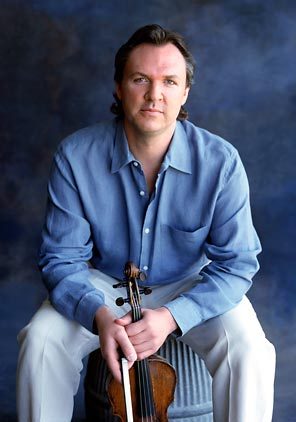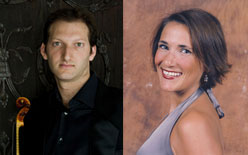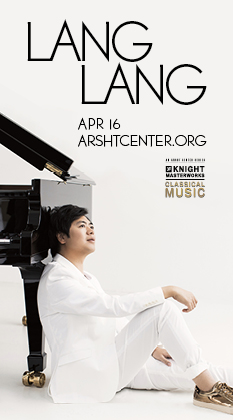Miami Symphony scores with Delius and Dvorak, while O’Connor concerto falls short

Frederick Delius
The Miami Symphony Orchestra has shown marked improvement in recent years, and can now usually be relied upon to perform interesting programs in a thoroughly satisfying and professional manner.
Saturday’s concert at Miami Beach’s Lincoln Theater reinforced their continued growth, and conductor Eduardo Marturet must be given the lion’s share of the credit.
Opening with On Hearing the First Cuckoo in Spring by English-born Frederick Delius, introduced a composer infrequently heard in South Florida concert programs. It is a perfectly conceived and proportioned essay in English Pastoralism, although one of the themes is derived from a Norwegian folksong.
Delius was quite a cosmopolitan, having raised oranges in Florida, taught violin in Virginia, sojourned many times with Grieg at his home in Norway, studied in Germany, and eventually settled in France with his artist wife.
On Hearing the First Cuckoo is one of those works where not one note is superfluous, and nothing could be removed without doing irreparable damage to the music. Assistant conductor Jeffrey Stern conducted a performance both subtle and beautifully phrased. The orchestra played with ravishing beauty, with the oboe and strings deserving special accolades.
Mark O’Connor’s Double Concerto for Violin and Cello, has a special relationship to the 9-11 terror attacks. Subtitled “For The Heroes,” it pays tribute to those who proved their worthiness in the aftermath of the tragedy. The concerto, here receiving its South Florida premiere, avoids anything mawkish, and is generally cheery and upbeat. O’Connor sticks to his American roots by incorporating folk elements, bluegrass, and jazz in the concerto’s three movements.
The second movement’s Waltz leans all too heavily on the folksong I Ride an Old Paint, as it pushes relentlessly on with one bloated climax after another. During the last movement, both soloists engage in an extended cadenza that seems never to end as piles of notes fly forth as if in endless chatter.
O’Connor’s unsubtle music leans heavily on stylistic borrowings from Copland, Don Gillis, Roy Harris, and others without ever achieving their distinction. Unlike the Delius, the endless note-spinning could benefit from considerable pruning. It is exhausting to listen to and must be to play, as the writing chugs along, rarely blending soloists with orchestra, but treating them as a separate concertante group. There are few successful double concertos, and O’Connor’s populist effort is not destined to join them.
Both concertmaster Daniel Andai and cellist Ashley Garritson gave it their best shot, and were rewarded by a storm of applause from the audience.
Dvorak’s Symphony No. 7 returned us once again to the realm of great music. The extremely self-critical composer produced a work of high quality, beautifully developed and tautly organized. Marturet was a ball of fire on the podium, and unleashed a storm of powerful proportions from his orchestra. The passionate music only released its tension in the waltz-like Scherzo, with the characteristics of one of the composer’s Slavonic Dances. Still, this was only a brief respite from the tension of what is considered by many to be the composer’s finest symphony. While there were a few orchestral clinkers, the playing remained strong and lustrous as the Miami Symphony climbed a little higher on the rung of success.
The program will be repeated 8 p.m. Sunday at the Gusman Center of the Performing Arts in downtown Miami. www.themiso.org.
Posted in Performances
Leave a Comment
Sun Apr 11, 2010
at 12:13 pm
No Comments







